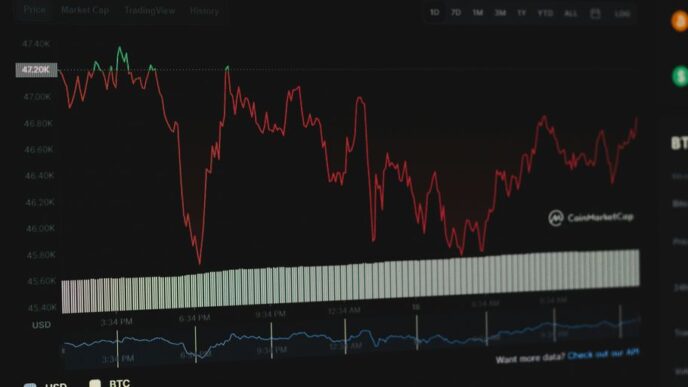Introduction:
The relentless march of technology has been a defining characteristic of the modern era, shaping the way we live, work, and interact with the world. From the advent of the wheel to the era of artificial intelligence, the evolution of technology is a testament to human innovation and the quest for progress. In this article, we embark on a journey through the stages of tech evolution, exploring key milestones, paradigm shifts, and the profound impact technology has had on every facet of our lives.
- The Early Foundations:
- The earliest technological advancements were rooted in simple tools and inventions that facilitated survival. The wheel, the plow, and basic tools marked the beginning of human ingenuity, enabling communities to harness the power of their environment.
- The Renaissance of Knowledge:
- The Renaissance brought a surge of knowledge and a renewed interest in science and exploration. The invention of the printing press by Johannes Gutenberg in the 15th century revolutionized the dissemination of information, making knowledge accessible to a broader audience.
- The Industrial Revolution:
- The 18th and 19th centuries witnessed the Industrial Revolution, a period of profound change characterized by the mechanization of production processes. Steam engines, textile machinery, and the harnessing of electricity marked a shift from agrarian economies to industrial societies.
- The Information Age:
- The latter half of the 20th century saw the rise of the Information Age, marked by the advent of computers and the internet. The invention of the transistor, the development of microprocessors, and the birth of the World Wide Web transformed the way information was processed, stored, and shared.
- The Digital Revolution:
- The late 20th century and early 21st century witnessed the Digital Revolution, with the proliferation of personal computers, mobile devices, and digital communication. The tech landscape expanded exponentially, giving rise to companies that would become giants in the industry.
- Mobile and Connectivity:
- The integration of mobile technology into everyday life has been a defining feature of recent decades. Smartphones and mobile applications have not only revolutionized communication but have also disrupted traditional industries, from transportation to healthcare.
- Artificial Intelligence and Automation:
- The 21st century is witnessing rapid advancements in artificial intelligence (AI) and automation. Machine learning, robotics, and AI-driven applications are transforming industries, optimizing processes, and raising questions about the future of work.
- Emerging Technologies:
- The present and future are characterized by the exploration of cutting-edge technologies such as blockchain, quantum computing, and biotechnology. These innovations have the potential to redefine industries, enhance cybersecurity, and revolutionize healthcare.
Impact on Society:
- Global Connectivity:
- Technology has connected the world in unprecedented ways. The ability to communicate instantly, share information globally, and collaborate across borders has transformed the way we perceive and engage with the world.
- Economic Transformation:
- The evolution of technology has driven economic transformation, from the agrarian and industrial economies of the past to the knowledge-based economies of today. Tech-driven innovation has become a key driver of economic growth.
- Access to Information:
- The democratization of information has empowered individuals worldwide. The internet has become a vast repository of knowledge, providing access to education, news, and resources that were once limited to privileged few.
- Healthcare Advancements:
- Technology has revolutionized healthcare, from diagnostic tools and imaging technologies to telemedicine and personalized medicine. The integration of technology has improved patient outcomes, accessibility, and the efficiency of healthcare systems.
- Social and Cultural Shifts:
- Social media, online platforms, and digital communication have reshaped social interactions and cultural norms. The way we connect, share, and express ourselves has evolved, influencing societal trends and behaviors.
Challenges and Considerations:
- Ethical Dilemmas:
- The evolution of technology has raised ethical considerations, from issues related to privacy and data security to the ethical use of AI and automation in decision-making processes.
- Digital Divide:
- While technology has connected the world, a digital divide persists, with disparities in access to technology and digital literacy. Bridging this gap remains a global challenge.
- Environmental Impact:
- The production and disposal of electronic devices contribute to environmental challenges. Sustainable practices and innovations are crucial to mitigate the environmental impact of technological evolution.
Conclusion:
The journey through the evolution of technology is a testament to human curiosity, innovation, and the pursuit of progress. From the wheel to the internet, each era has brought about transformative changes that have reshaped the fabric of society. As we stand on the cusp of new technological frontiers, the challenges and opportunities that lie ahead will undoubtedly shape the trajectory of human civilization in the years to come. The tech evolution is an unstoppable force, and its impact on our lives will continue to unfold in ways that we can only imagine.













